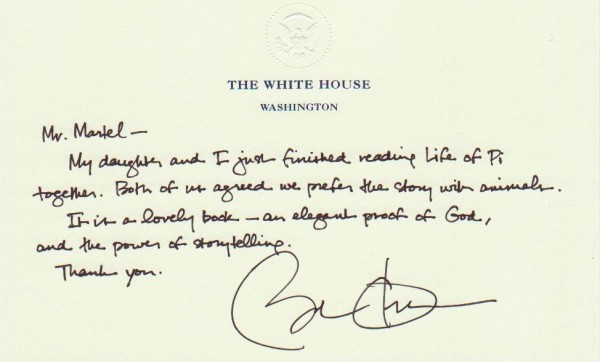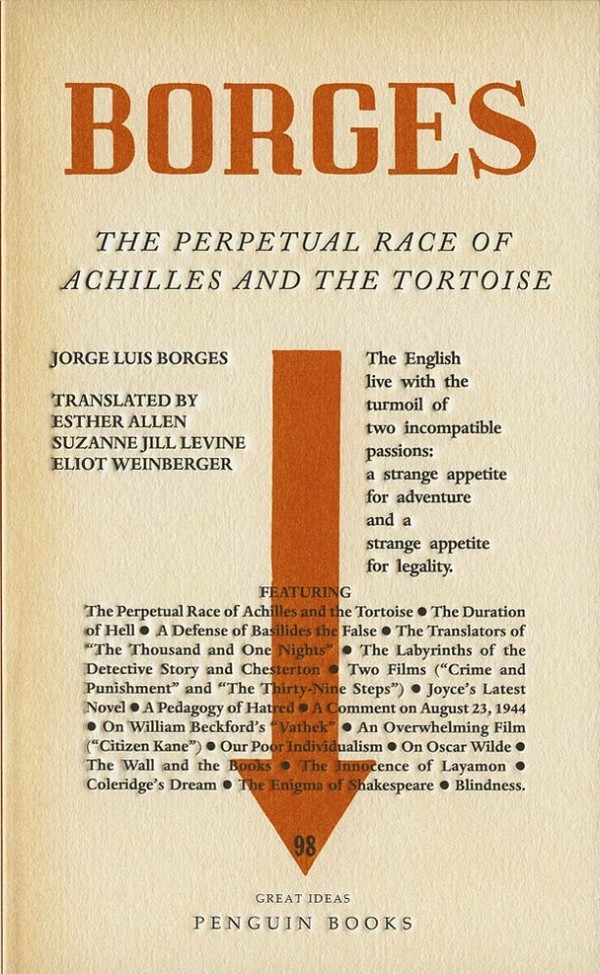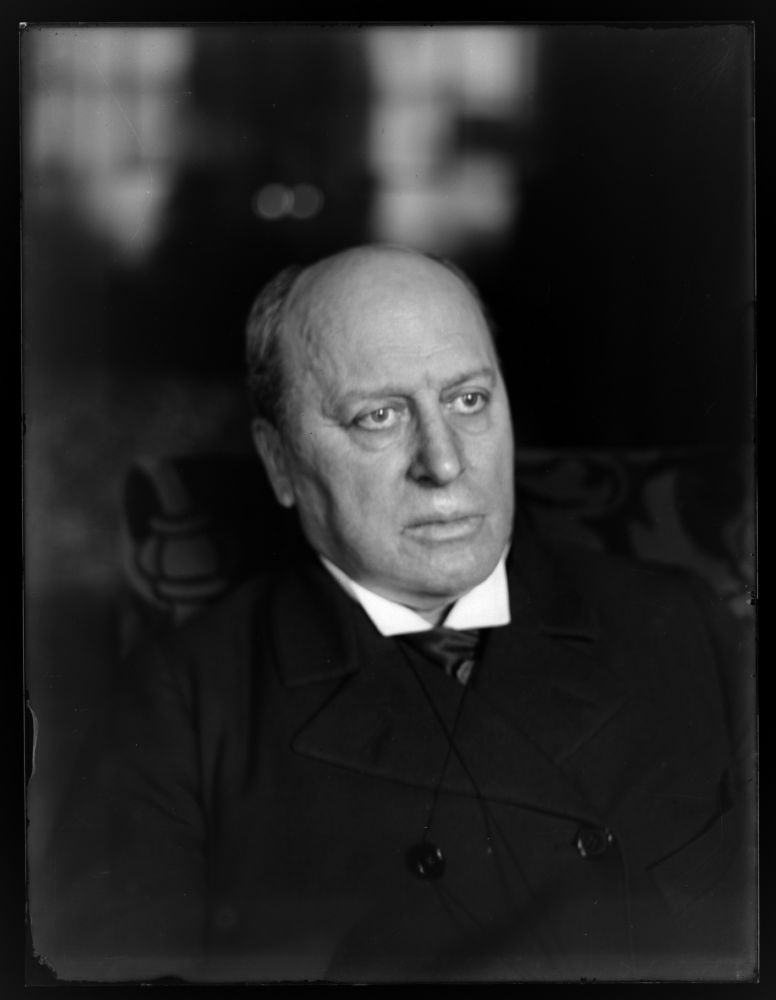“The novel is whatever novelists are doing at a given time. If we’re not doing the big social novel fifteen years from now, it’ll probably mean our sensibilities have changed in ways that make such work less compelling to us — we won’t stop because the market dried up. The writer leads, he doesn’t follow. The dynamic lives in the writer’s mind, not in the size of the audience. And if the social novel lives, but only barely, surviving in the cracks and ruts of the culture, maybe it will be taken more seriously, as an endangered spectacle. A reduced context but a more intense one.… Writing is a form of personal freedom. It frees us from the mass identity we see in the making all around us. In the end, writers will write not to be outlaw heroes of some underculture but mainly to save themselves, to survive as individuals.”
— Don DeLillo, in a letter to Jonathan Franzen, around 1997



